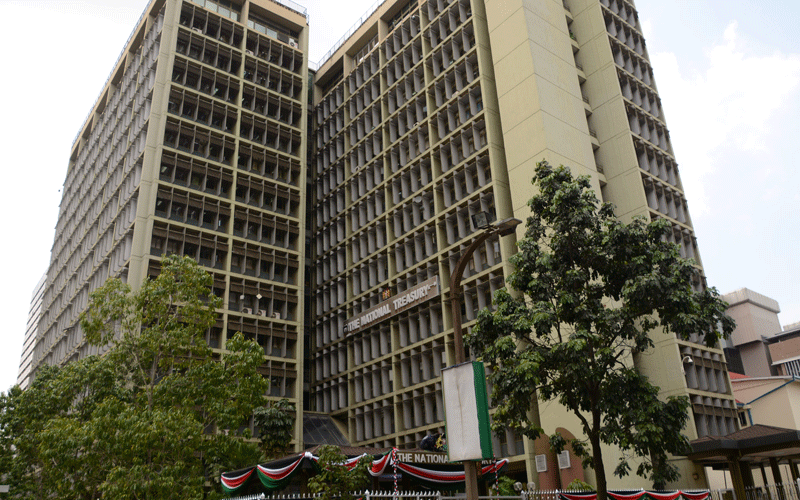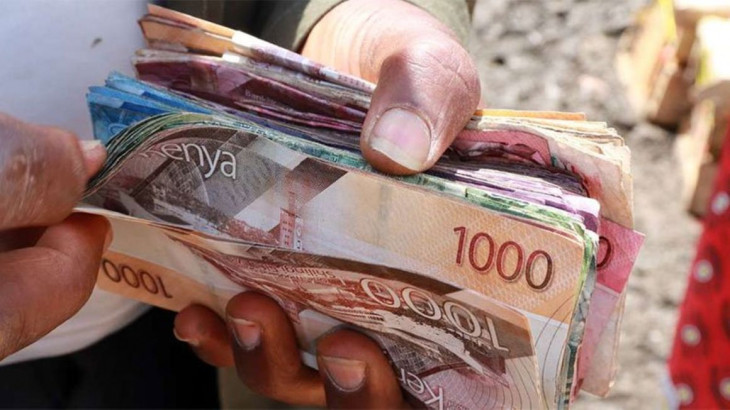Stakeholders urge bold fiscal reforms to boost economy

Stakeholders are calling on the government to implement a bold fiscal strategy aimed at stimulating gross domestic product (GDP) growth amid ongoing economic challenges.
Key proposals include sharply reducing executive expenditures, limiting net additional borrowing, prioritising foreign funding over domestic debt, and alleviating the tax burden on citizens already stretched thin.
While presenting his views in the ongoing stakeholder engagement that ends on January 21, 2025, Ashish Chadda, an economist expressed concerns that the interventions proposed by the Treasury may not yield the desired results.
He noted that increased government expenditure is pressuring revenue generation through taxes, potentially harming the economy.
“The additional expenditure by the government is forcing pressure on raising additional revenues through taxes, which could be causing a harmful impact on the economy,” Chadda stated.
This rising expenditure without corresponding revenue growth has led to increased domestic borrowing, which crowds out private sector investment and negatively impacts GDP, he added.
Despite projections in the Budget Policy Statement (BPS) for a significant jump in GDP growth for 2025, data shows a decline in GDP growth quarter-on-quarter since second quarter of 2023.
Except for a slight increase from 5.5 per cent to 5.6 per cent in Q2 2023, subsequent quarters have seen consistent declines, from 5.1 per cent in Q4 2023 to just 4 per cent in Q3 2024.
The BPS indicates that the executive’s share of the budget is set to increase from Sh2.3 trillion in fiscal year 2024/25 to Sh2.7 trillion in 2025/26. The stakeholders said this raise concerns about fiscal stability and the burden on taxpayers, especially as net borrowing is projected at Sh759.4 billion, financed through a combination of Sh213.7 billion in net external loans and Sh545.8 billion in net domestic financing.
In an effort to ramp up revenue collection, the government has proposed an 18 per cent Value Added Tax (VAT) on essential items such as milk, bread, and maize flour (unga). While this move aims to significantly boost government revenue, it raises alarms about its potential impact on household costs.
The current account deficit has widened to $4.5 billion (about Sh64.3 billion) as of November 2024, up from $4.3 billion (about Sh618.8 billion).
This increase is attributed to a rise in imports, which stakeholders argue is not inherently detrimental to the economy. However, given the reduced GDP growth during this period, they caution that the disparity between import and export growth could negatively affect economic stability.
Chadda believes that “the Kenya shilling should be allowed to depreciate in line with the growth of the current account deficit to accommodate the increase in imports,” a perspective he says underlines the need for careful assessment by both the Treasury and Central Bank of Kenya regarding currency management.
Critics have faulted the Treasury for taking on too many initiatives simultaneously, risking neglect of critical areas essential for economic stability and development.
While stakeholders commend efforts such as transitioning from cash-based accounting to accrual accounting and implementing zero-based budgeting, measures that can enhance financial transparency, they have also express concern over potential overextension.
The fiscal framework outlined in the BPS reveals significant changes in both revenue and expenditure from 2022/23 to 2025/26.
Total revenue is projected to rise from Sh2.4 trillion to Sh3.5 trillion, while total expenses are anticipated to climb from Sh3.2 trillion to Sh4.3 trillion during the same period. They warned that if expenditure continues to outpace revenue growth without careful management, it could lead to fiscal instability.
Despite a slight decrease in financing requirements, from Sh770.3 billion in 2022/23 to Sh759.4 billion in 2025/26, substantial borrowing needs remain, potentially exacerbating debt levels and straining taxpayers.















